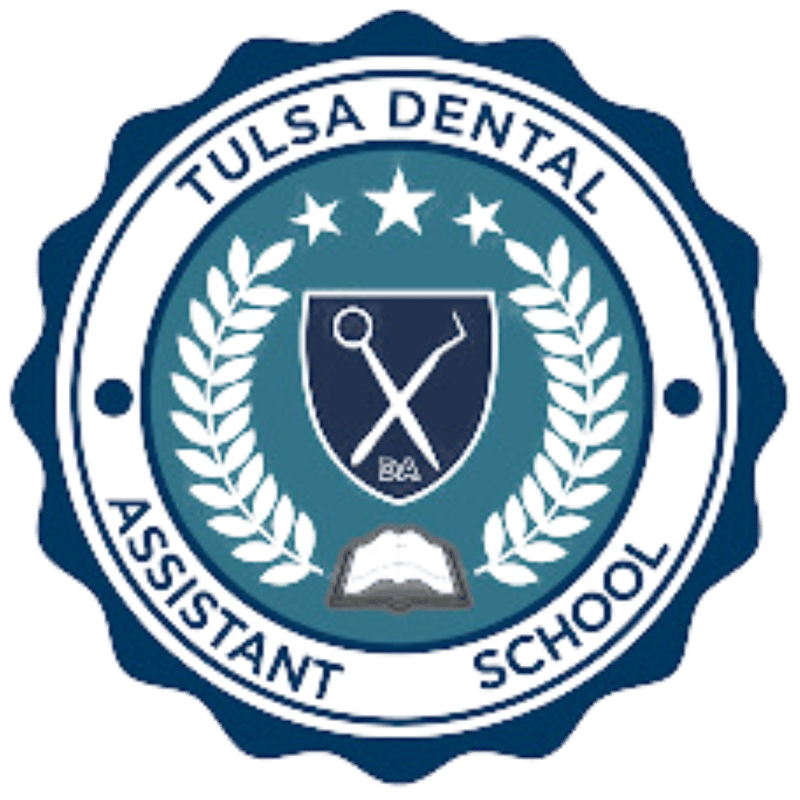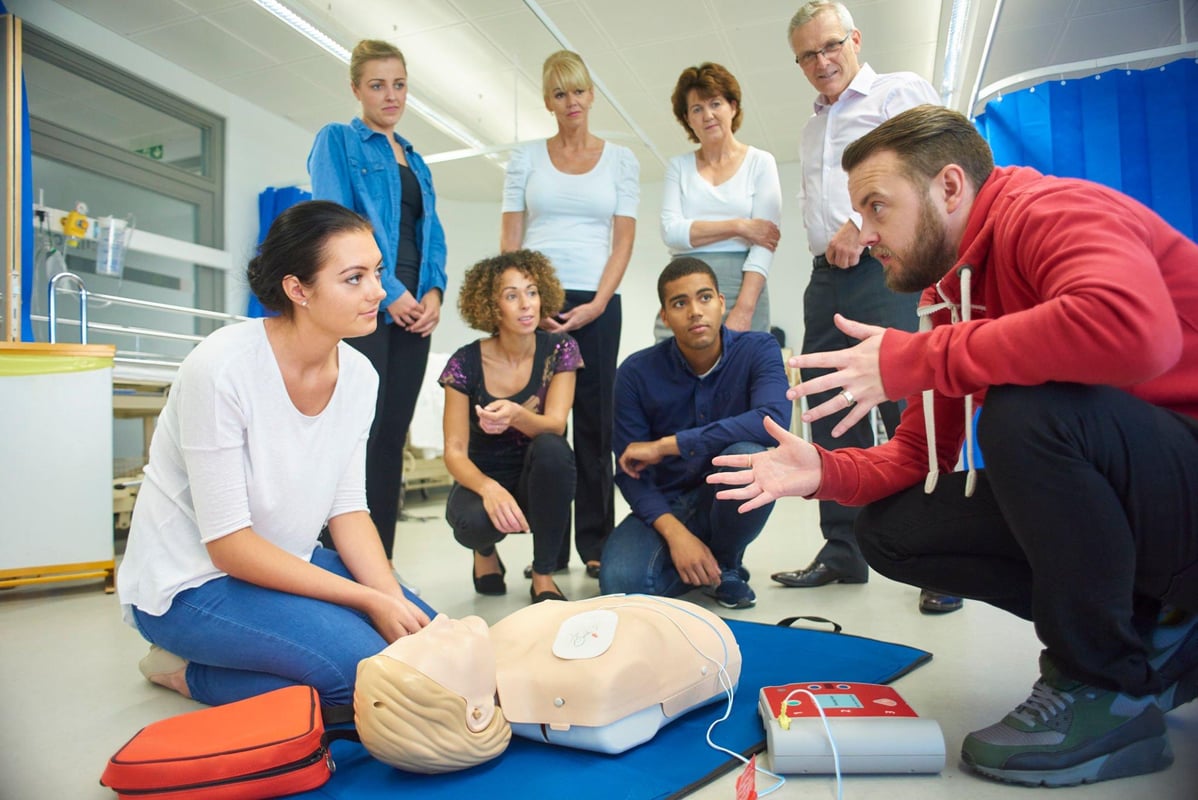
Financial aid (may be available)

$1,450 to start
$3,650 total

Financial aid (may be available)

Financial aid (may be available)
No cost info
No cost info
$1,300 total
$125 total
$85 total
No cost info
No cost info
No cost info
$36.50 total
No cost info
Whether you're seeking to enhance your professional skills or simply want to be better equipped for emergencies, taking a first aid class can be an invaluable decision. In Tulsa, there are many opportunities for such training. This blog post will guide you through the process of finding the right first aid class for you.

First aid is the immediate assistance provided to an individual suffering from sudden illness or injury. It's the crucial first step in managing a health emergency until professional medical help arrives. First aid can range from cleaning a small cut to performing CPR (Cardiopulmonary Resuscitation) during a cardiac arrest.
First aid skills are beneficial for everyone, not only healthcare workers. They equip you with the knowledge to respond effectively in a variety of emergencies, potentially saving a life.
To enroll in a first aid class near Tulsa, you typically need to be at least 16 years old. However, age requirements can vary depending on the organization offering the training. No specific educational background is necessary. The key is a willingness to learn and the physical ability to perform certain first aid maneuvers, such as chest compressions for CPR.
When searching for a first aid class, there are certain factors you should consider:
Accreditation: Ensure that the course is recognized by a reputable organization such as the American Heart Association (AHA) or the Red Cross. An accredited course guarantees that the training you receive meets national standards.
Course Content: Check the curriculum to make sure it covers the areas you're interested in. Basic first aid classes typically cover CPR, choking, bleeding, shock, burns, and fractures. Some courses offer additional modules like pediatric first aid or mental health first aid.
Instructors: The trainers should be certified professionals with experience in delivering first aid training.
Most first aid classes combine theoretical learning with practical exercises. You'll learn the principles of first aid and then apply them in simulated scenarios. These simulations are designed to mimic real-life emergencies, giving you a chance to practice your skills under pressure.
Upon successful completion of your first aid class, you'll typically receive a certificate valid for two years. The certification process usually involves both a written exam and a practical assessment. You'll need to demonstrate your ability to perform key first aid procedures correctly.
First aid training can open up a variety of job opportunities in sectors like healthcare, education, sports, and more. You might consider roles such as an Emergency Medical Technician (EMT), a role which Dreambound provides more information on. Alternatively, roles in childcare, coaching, or occupational health and safety could be a great fit.
Once you've completed a basic first aid class, you might consider other related courses to expand your skills. For example, advanced first aid courses delve deeper into certain areas and usually include more complex techniques. You might also consider specialized courses like wilderness first aid or aquatic first aid.
When choosing your first aid class, consider the following:
Class Size: Smaller classes often provide more opportunities for hands-on learning and individual feedback from instructors.
Location: Choose a training center that's conveniently located. If you're in Tulsa, you can find several first aid classes nearby.
Schedule: Look for a class that fits into your schedule. Some organizations offer weekend or evening classes for those who work during regular business hours.
Online vs. In-Person: While online courses can be convenient, in-person training provides hands-on practice which is crucial for first aid.
If your interest in first aid sparks a desire for a deeper healthcare role, there are many vocational training programs to consider. For example, becoming a Certified Medication Aide or a Physical Therapy Technician could be the next steps in your healthcare journey.
Taking a first aid class can be a rewarding and potentially life-saving decision. In Tulsa, you have numerous options to get the training you need. By considering the factors above, you can choose a class that best suits your needs and interests. Whether you're looking to enhance your career or simply want to be prepared for emergencies, first aid training is a valuable asset.
If you're exploring options in this field in various locations, Dreambound's extensive guides are a great resource. We've got detailed insights for numerous cities. check out some additional guides below:
Thinking about a potential career transition? Dreambound has detailed guides to help you with making informed decisions.
Dreambound's platform allows prospective students to find the right educational program for them through searching, filtering, and connecting with our extensive selection of career & technical education partners.
Dreambound has over 70 programs across healthcare, technology, business, and industrial trades. This includes programs such as Medical Billing, Cybersecurity, and welding.
Some of our schools offer financial aid for those who qualify. Many others offer payment plans, where you can pay the cost of class over time.
Yes, Dreambound offers many online programs. On Dreambound's search, you can filter by online, in-person, and hybrid (part online, part in-person).
Dreambound is completely free for you to use! We are supported by schools and organizations who pay to advertise on our website, so we can offer all of our career resources for free.